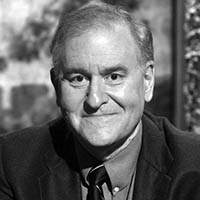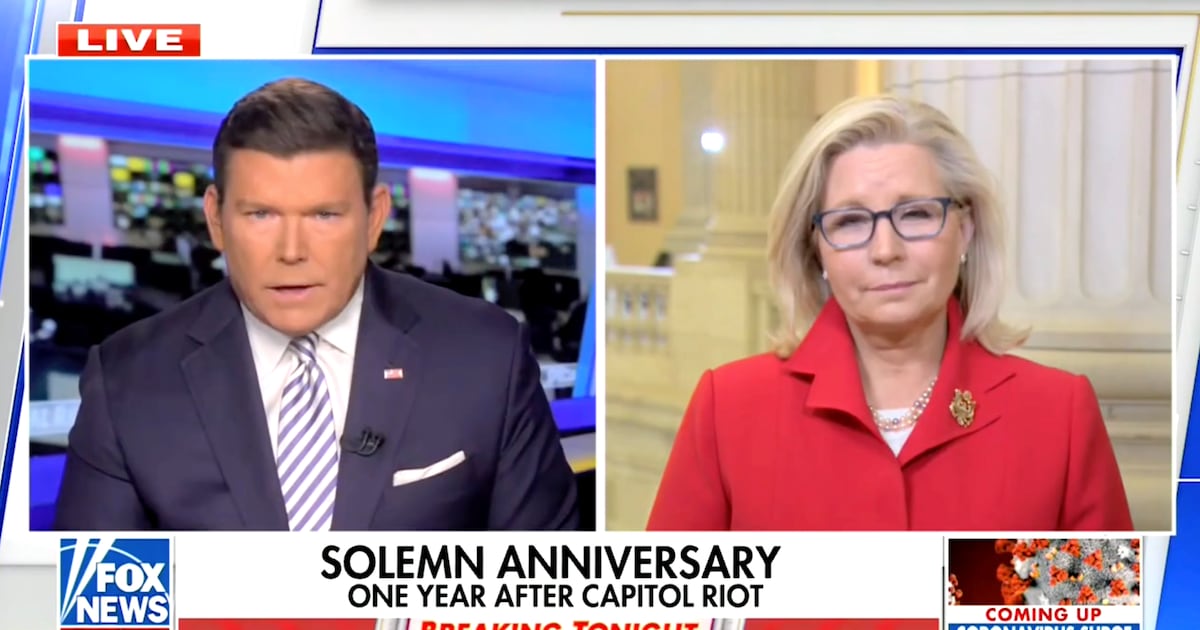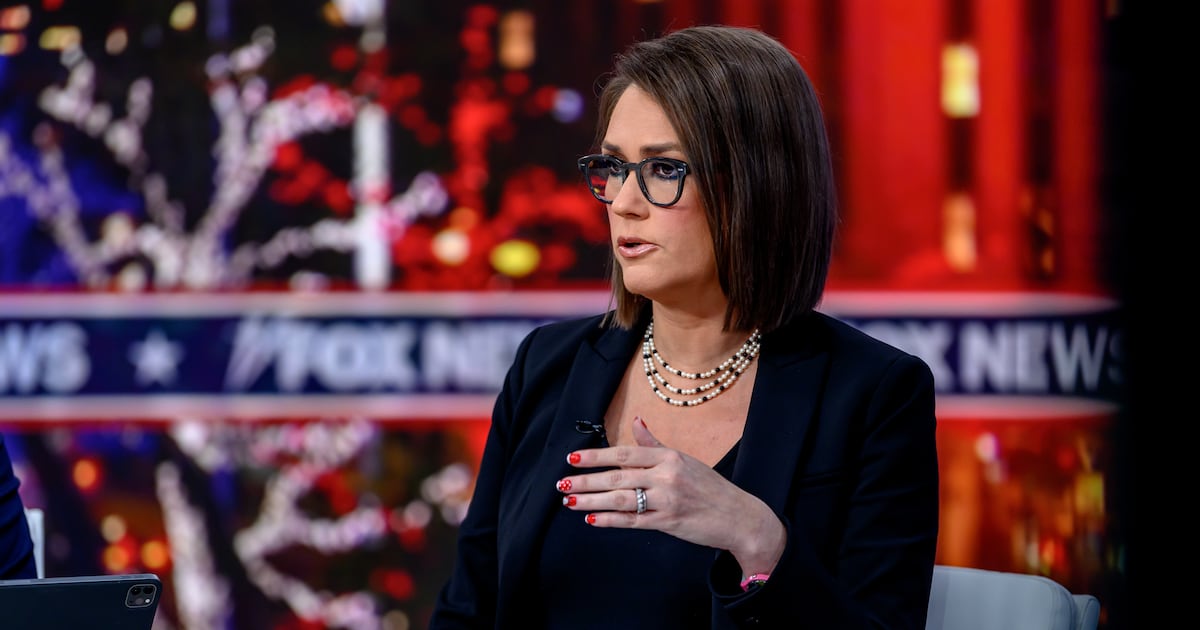On November 11, Director Ava DuVernay’s long awaited film, Selma, the story of Martin Luther King Jr.’s voting rights campaign which resulted in the passage of the 1965 Voting Rights Act, debuted at the AFI’s Film Festival in Los Angeles. Early reviews were outstanding. The film was praised for showcasing the many unsung heroes of the movement who were ignored by previous film makers. By a sad coincidence, one of these heroes, John Michael Doar, died that same day from congestive heart failure. He was 92.
In March 1965, Doar, then the Assistant Attorney General for Civil Rights, led the federal forces which protected Dr. King and his army of marchers during their five day journey from Selma to Montgomery through some of the most dangerous parts of Alabama. As they approached the outskirts of the capital, Doar learned from the FBI that a sniper might be hiding somewhere along the route waiting to kill Dr. King. Doar urged King to drive the final miles but he refused. “I don’t care what happens,” King said. “I have to march and I have to be in the front line.”
Doar didn’t abandon King to his fate. Accompanied by U.S. Marshall James McShane, he strolled causally up Dexter Avenue, eating an apple as he walked so as to not tip off the would-be assassin that he and McShane were looking for him. They carefully scanned open windows along the route, looking for places where a shooter might hide. At one point McShane stopped suddenly, and pointed to what looked like a rifle protruding from a window. Doar moved toward it cautiously. A closer look revealed that it was only a television camera. There was no assassin but despite the overwhelming presence of troops and FBI agents, violent incidents still occurred. Later that night, a Detroit homemaker named Viola Liuzzo was shot and killed by a carload of Ku Klux Klansmen, one of whom was an FBI informant.
ADVERTISEMENT
For the previous five years, this had been John Michael Doar’s life— being present at nearly every critical moment in the history of the Civil Rights movement. As first assistant and then as Assistant Attorney General for Civil Rights, Doar, executing government policy, worked to end Southern segregation while protecting lives and preserving American federalism.
He seems to have been unprepared for such a life. Born in Minnesota in 1921, John Doar grew up in North Richmond ,Wisconsin, a farming community untouched by the racial antagonisms which plagued other American towns and cities. As a student at Princeton University, his primary interest, he later admitted, was playing basketball. His only contact with the South and its problems were a few Southern students who claimed that given time the problems would take care of themselves. In the ’40s, when Doar attended University of California’s Bolt Hall School of Law, there was no civil rights law to study. After serving briefly in the armed forces, he practiced law in his father’s firm until he received a call in 1960 inviting him to join the newly formed Civil Right’s Division of the U.S. Department of Justice. It was a job, Doar later said, “no one else wanted.”
Like his future boss Robert Kennedy, Doar seems to have had an “experiencing nature:” Once exposed to the plight of blacks in the South, he quickly became committed to improving their lives. On an early trip to Hammond County, Tennessee, Doar met with sharecroppers who had been evicted from their land simply because they tried to register to vote. “It was a moment of shock that Doar never forgot,” notes historian Taylor Branch. “The experience would make it impossible for him ever to go home to Wisconsin.”
Robert Kennedy and his Assistant Attorney General Burke Marshall brought new energy to the Civil Rights Division. They rejected the approach followed during the first Reconstruction, occupying the South with federal troops which had created a backlash leading to Jim Crow laws and apartheid. Doar supported their strategy of persuading Southern officials, and more rational Southerners in general, to live up to their responsibilities and follow the law. Doar quickly became one of the division’s most active lawyers. He traveled through the South, often in disguise, to see first hand how black Americans were being denied the right to vote, and filed the first voter discrimination lawsuits in history. In 1961, he observed the savage attack on the Freedom Riders when they got off the bus in Montgomery, Alabama, and filed an injunction that prevented further violence by the Ku Klux Klan. He was with James Meredith during the violent insurrection that followed the integration of the University of Mississippi in 1962. He accompanied James Hood and Vivian Malone when, over the objections of Governor George Wallace, they integrated the University of Alabama on June 11, 1963. That same night, Medgar Evers, Mississippi’s NAACP field secretary, with whom Doar had worked, was assassinated. Doar hurried to Jackson where violence was expected.
It came on Saturday, June 15. It was a brutally hot day, 103 degrees, and the city was on the verge of a racial explosion. Following Evers’s funeral, a crowd of angry young blacks gathered in the streets. “We want the killer!” they screamed. “We want freedom.” A battalion of riot police armed with shotguns arrived on the scene. Some blacks threw rocks and bottles and the police rushed into them, clubbing many, arresting others. Suddenly, a tall, curly haired white man appeared and thrust himself in the middle of the opposing forces. “My name is John Doar,” he yelled. “D.O.A.R. I’m from the Justice Department, and anybody around here knows that I stand for what’s right.” To the rioters, he said, “I’m your friend… You can’t win this way… Don’t throw bottles, that’s what they want you to do.” After Doar conferred with police and protestors, the angry antagonists withdrew. Many felt that Doar’s intercession had prevented a bloodbath.
Friends called Doar the “Matt Dillon of the troubled South,” and his quiet manner was just as powerful in the courtroom as it was in the streets. In November 1965, he successfully prosecuted the three members of the Ku Klux Klan accused of violating by murder the civil rights of Viola Liuzzo. It was the first time a Southern jury found white men guilty of a federal crime against civil rights workers. Doar’s success led him to take on the “Mississippi Burning” Case, the prosecution of the Klansmen responsible for the murder of James Chaney, Michael Schwerner, and Andrew Goodman. Doar conducted his cross-examination of the accused in a typically low key manner, pointing out that the case was being tried before a Mississippi judge and jury and not, as the Klan attorneys claimed, representatives of the “omnipotent federal government.” Doar’s quiet demeanor tricked his opponents into making outrageous claims (that Schwerner and Goodman had enlisted black men to rape white women) that even segregationist judge Harold Cox angrily rejected. “The rape question was a tremendous blunder,” Doar later observed. “Cox made it clear that he was taking the trial seriously. That made the jurors stop and think, ‘if Judge Cox is taking this stand, we’d better meet our responsibilities as well.’” The jurors did and found the men guilty. The verdict, The New York Times noted, exemplified “the quiet revolution that is taking place in Southern attitudes—a slow, still faltering but inexorable conversion to the concept that a single standard of justice must cover whites and Negroes alike.” Thirty-eight years later, in 2005, the author of the “rape question,” ex-Klansman Edgar Ray Killen, was found guilty of manslaughter in a Mississippi courtroom and received a maximum sentence from a judge who had known Killen intimately for decades. Slowly, still falteringly but inexorably, Jim Crow justice was disappearing in the South.
Nothing gave Doar more pride than the passage of the 1965 Voting Rights Act and he went personally to Selma to make sure that its first election in May 1966 came off without a hitch. Doar was “determined that the black citizens of Dallas County not be disillusioned with their first actual participation in a local election.” He immediately found himself confronted with an effort to steal the election for sheriff by Jim Clark, the brutal architect of Bloody Sunday and other atrocities committed against black citizens. Clark and his opponent, Wilson Baker—a hard core segregationist but one preferable to Clark—fought over a group of uncounted ballots which would either give Baker a clear victory or allow Clark another chance in the May 31 run-off.
By the end of the day, Baker led by 94 votes with all ballots counted except for those in six boxes from black precincts, which were expected to go to Baker. So the sheriff turned to his friends on the Dallas County Democratic Executive Committee, a 40 man body, headed by M. Alston Keith, founder of the White Citizen’s Council. Clark argued that the uncounted ballots had been mishandled and that the committee, which was charged with certifying the returns, should eliminate them. The committee’s pro-Clark majority agreed. “The boxes were so infected with irregularities as to make it impossible to determine which were proper and valid ballots and which were not,” Keith stated. It appeared that Baker would again have to face Clark in the forthcoming run-off.
It was the kind of political illegality that Doar and his 500 poll watchers had been looking for. He had no confidence in the executive committee whose members he considered “40 lily-white men,” and after learning of its action, Doar immediately prepared a law suit and sent a Justice Department lawyer to Mobile to file it in federal court. Judge Daniel Thomas, a moderate jurist but one who usually sided with the segregationists, was away so Doar approached Judge Frank Johnson in Montgomery who ordered the boxes impounded until Judge Thomas returned and held a hearing on the matter.
Clark became furious when he learned of Doar’s action and he lashed out at his critics, especially those in the national press corps. When L.A. Times reporter Jack Nelson saw Clark in the courthouse, he said hello and extended his hand. Clark exploded. “Why don’t you go to hell, you lyin’ son of a bitch,” he yelled. The Baltimore Sun’s Adam Clymer wasn’t so lucky. When he approached Clark later that afternoon, a deputy cried, “Why don’t you leave him alone?” and then elbowed Clymer in the stomach. Some expected Clark’s supporters to react even more violently if the sheriff was defeated, but Baker’s black supporters were not afraid. About 100 of them marched from Brown’s Chapel to the courthouse to protest the executive committee’s action.
Doar and his staff prepared for the hearing as if they were appearing before the Supreme Court. They examined every “poll list, tally sheet, certificate of result, and, where necessary, each ballot.” The six boxes contained a total of 1,834 ballots. Only 92 were cast for Clark, and 21 for two other candidates. Baker received 1,412 votes and therefore won the election with a clear majority, if Judge Thomas disagreed with the committee and permitted the votes to be counted.
It was the first case brought under the Voting Rights Act, so the hearing proved contentious. Clark’s attorney, Frank Mizell, “a virulent segregationist,” argued that the “alien” federal court had no jurisdiction over the matter: the federal government had the right to register blacks but not to “interfere in local elections.” He asked that the Justice Department’s lawsuit be dismissed. Judge Thomas rejected his motion and ruled that the Voting Rights Act permitted “the federal government to intervene in local elections to insure that Negro votes were counted fairly.” Therefore, Mizell must “show cause” as to why the ballots should be discarded.
Attorney Mizell’s main witness was Jesse W. Pearson, a pro-Clark member of the executive committee, who testified that the ballots had been so badly mishandled that it was “useless” to count them. The black poll watchers who had supervised the counting were “incompetent.” Mizell called the Justice Department “arrogant” for bringing this frivolous case to the court. But both the law and the facts were on Doar’s side. His lawyers’ examination of the records found some irregularities but, more importantly, it revealed how quickly the executive committee fastened on the most minor errors to cast aside Baker’s votes.
Doar agreed that this was a case about “arrogance,” but not of the 1,600 voters now disenfranchised, or of the Justice Department. Those truly guilty of arrogance, he said, in closing, were “the small group of men who—because they do not like the results of an election and the free expression of the will of the people of Dallas County—swept all the votes out and into a basket. That isn’t what America is all about, and it’s time every one of us stands up and tells them, ‘No, it has to stop!’”
On May 24, Judge Thomas ruled for the government. “The court,” Thomas said, “did not hear any evidence which would indicate that votes were bought or sold, that boxes were stuffed, or that there was any misconduct on the part of polling officials or voters which could be construed as even approaching fraud.” Whatever irregularities occurred were accidental and insignificant. Both state and federal law required that the disputed ballots be counted, which gave the victory to Wilson Baker. Clark attacked Thomas’s decision, calling it yet another example of “federal encroachment and control,” and announced that he would launch a write-in campaign, which he was confident would defeat Baker in the final election on November 8. But he lost and his brutal career was over thanks to John Doar and the Voting Rights Act.
Doar left the Justice Department in 1967 but would return to government service as counsel to the House Judiciary Committee considering the impeachment of Richard Nixon. Again, he conducted himself with thoroughness and discretion, persuading many Republicans on the committee that Richard Nixon had indeed committed “high crimes and misdemeanors.”
Many men and women are responsible for the victorious end of American apartheid, chief among them Martin Luther King Jr. and the thousands of courageous blacks who risked their lives exposing and fighting the evils of segregation. Presidents John F. Kennedy and Lyndon B. Johnson also deserve their share of the credit for sending to the Congress the historic Civil Rights Act of 1964 and the Voting Rights Act of 1965. But this (relatively) bloodless revolution would not have occurred without the determination and courage of John Doar and his colleagues in the Civil Rights Division. And, unlike their allies in the struggle for black equality, their story has not been fully told in a book or documentary. As one of Doar’s colleagues put it, the Civil Rights movement consisted of five battalions: the NAACP; Martin Luther King’s Southern Christian Leadership Conference (SCLC); the Student Nonviolent Coordinating Committee (SNCC); the Congress of Racial Equality (CORE); and the CRD—the Civil Rights Division. Each working in its own way was essential to ending Jim Crow in the South. And while King, now immortalized in Ava DuVernay’s Selma, has rightfully received the most attention, Doar and his colleagues have been overlooked. In 2012, President Barack Obama tried to redress this grievance by awarding Doar the Presidential Medal of Freedom, America’s most distinguished civilian honor. And when the president learned of Doar’s death on Tuesday, he said, “John Doar was one of the bravest American lawyers of his or any era. Time and again, John put his life on the line to make real our country’s promise of equal rights for all. Without John’s courage, and perseverance, Michelle and I might not be where we are today.”
Gary May is a professor of history at the University of Delaware and author of Bending Toward Justice: The Voting Rights Act and the Transformation of American Democracy, out in paperback from Duke University Press in January.





